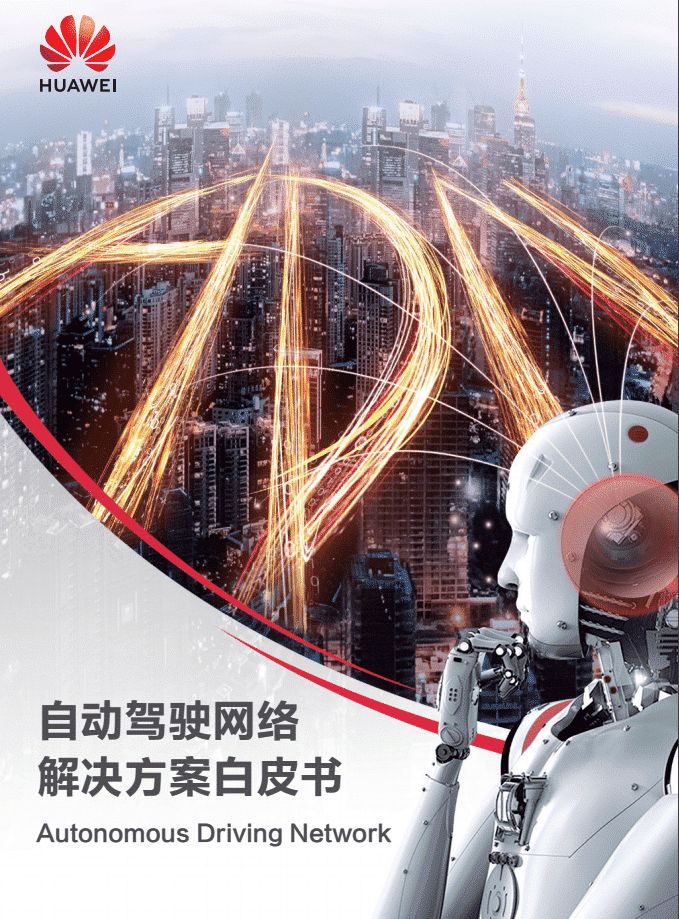Huawei released the White Paper on Autonomous Driving Network Solutions during its recent global analyst conference.
The white paper describes the future of network architecture, operation and maintenance architecture and its key technologies, enabling networks to move towards minimalist ultra-wide and operation and maintenance to human-machine collaboration through the collaboration of three layers of AI capabilities: network elements, network and cloud, providing a practical reference for operators and industry partners in digital transformation.

Lu Hongju, President of Huawei's Public Development Department, said, "The next decade is the golden decade of the booming smart era, with new technologies represented by 5G, cloud and AI at the core giving the core momentum for connected intelligence upgrades. Huawei calls on industry colleagues to explore the practice together and build an autonomous, self-healing and self-optimizing network through data and knowledge, to seize the new opportunities presented by the digital economy. "
The white paper identifies two major shifts needed to build an autonomous driving network.
First, we have changed from a fragmented network building model that is "network meta-centric" to a "service-centric" autonomous domain building model that is built on blocks. Single-domain autonomy and real-time closed-loop through integrated "management-control-analysis" to balance the cost and speed of intra-domain innovation and inter-domain collaboration.
Second, the industry works together to define the target architecture and programmable API standards for cross-domain open collaboration, significantly simplify the complexity of cross-domain business collaboration and protection, reduce research and transportation costs and risks, simplify the integration of agile business, and reduce the cost of collaboration across the industry.
At the same time, the white paper suggests that the L4 level (highly autonomous driving network) should be a milestone for future architectures, with the following four characteristics.
(i) Digitization of network knowledge and expert knowledge, moving from passive manual to predictive intelligent operations.
(ii) Network infrastructure with minimalist architecture and intelligent network elements.
Tiered single-domain autonomy and cross-domain collaboration, the network goes to online real-time closed-loop; and a unified cloud-based AI training, knowledge management and operation and maintenance design platform to support the iterative evolution of telecommunications networks.
The white paper calls on the industry to achieve the ambitious goal of automatic driving network, industry parties need to reach a consensus and jointly develop a unified standard and grading evaluation system in accordance with the development generation, research generation and exploration generation, so as to form an efficient and collaborative industrial ecology, and jointly help the industry to upgrade intelligence and healthy sustainable development.
Click here to download the white paper